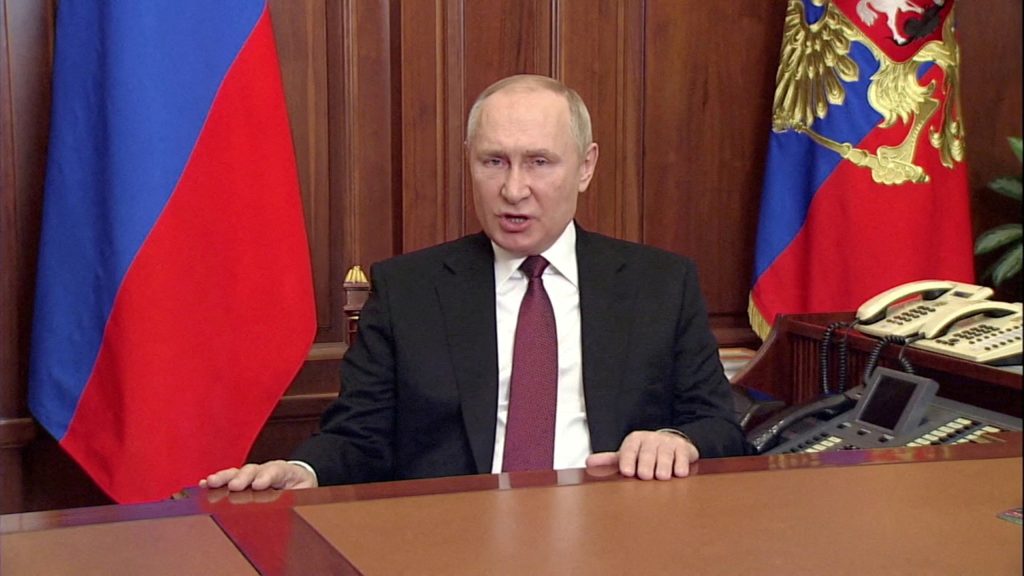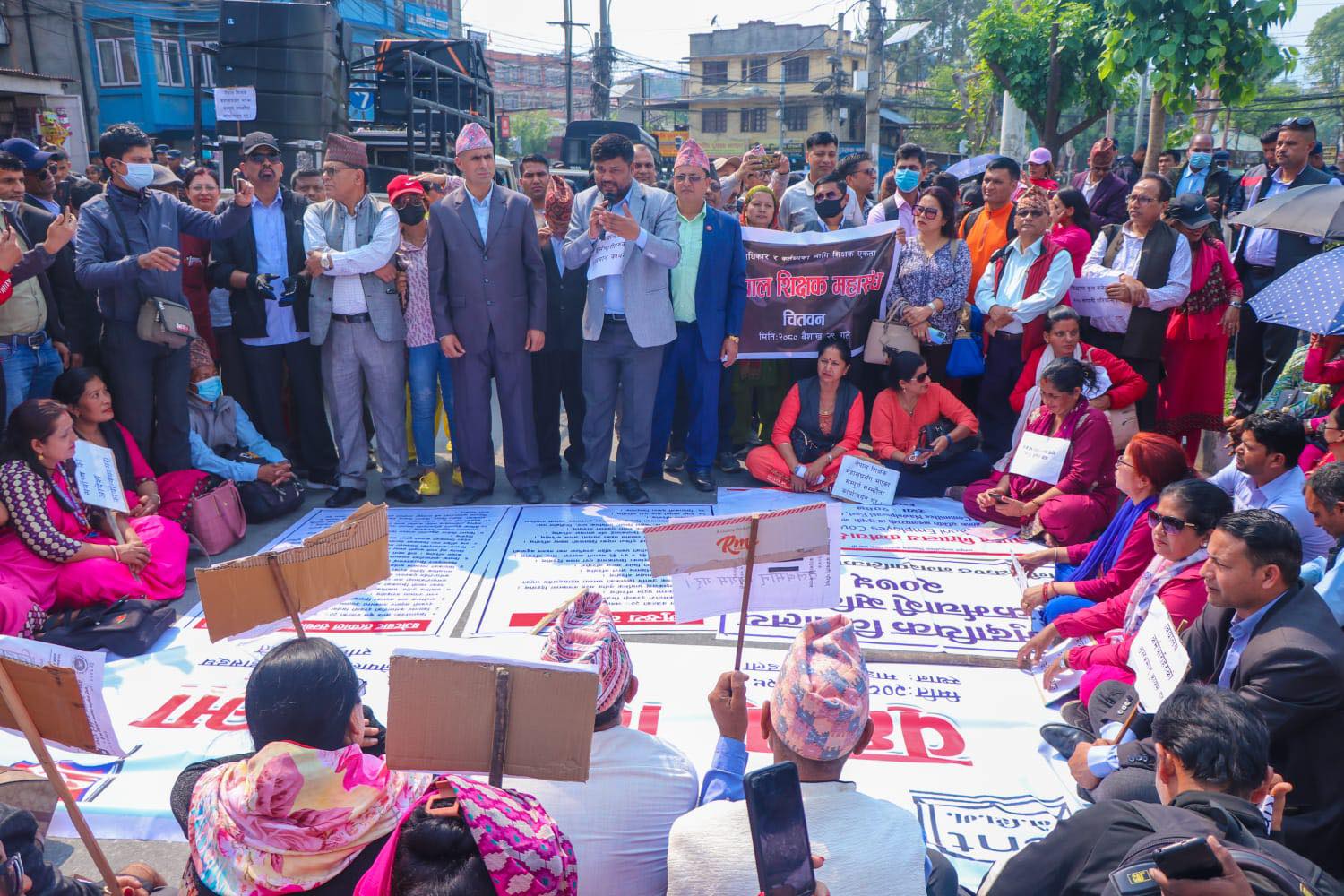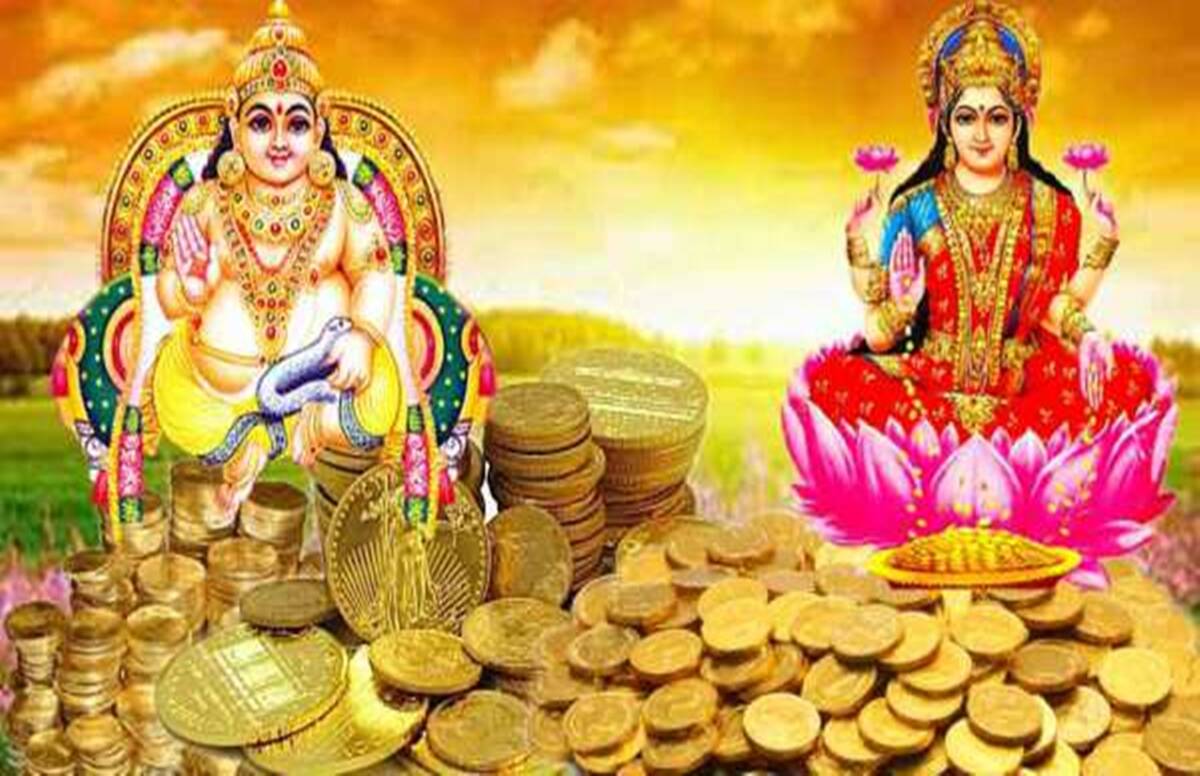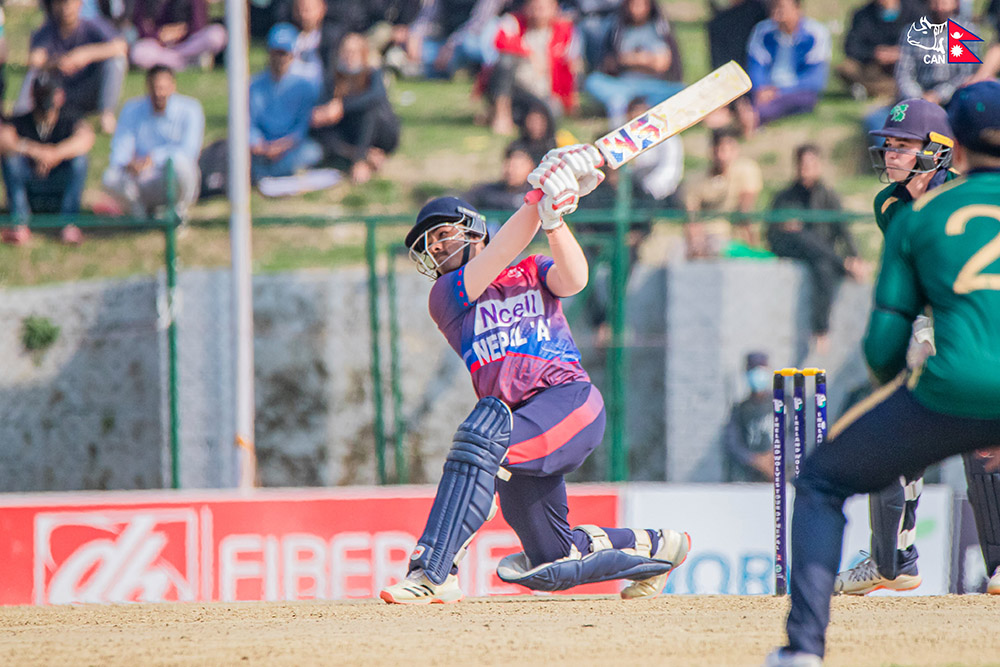


The amount of income tax exemption has been raised by the government.
The government raised the cap on direct income tax through the Fiscal Year 2079–80 budget announcement. The income tax has now been eliminated for individuals (unmarried) earning up to Rs 500,000 annually and married couples earning up to Rs 600,000. In the past, this ceiling was set at Rs. 4 lakhs per year for single people and Rs. 4.50 lakhs for married couples.
Even if one does not have to pay income tax, they must still contribute 1% toward social security. The government has made it clear that the income tax cap has been raised while taking into account a person’s or family’s essential living costs.
The upper limit for insurance premium deductions for income tax purposes has also been raised to Rs 40,000. The ceiling used to be Rs 25,000 per year. Additionally, if a new industry is founded to produce or assemble four-wheeled electric vehicles, the budget has included a 40 percent income tax exemption for five years from the date of firm inception.
Small business taxpayers with an annual turnover of up to Rs. 30 lakhs would receive a 75% income tax exemption in the fiscal year 2079–2080. Similar to small business taxpayers, medium business taxpayers would receive a 50% income tax exemption if their yearly revenue is between Rs. 30 lakh and Rs. 1 crore.
The government has provided a provision of 50% tax exemption on commercial taxable revenue of the tourism sector companies such as hotels, travel, hiking, cinema business and others which are most affected by the epidemic of Covid-19 in order to provide relief to the COVID affected enterprises.
Similar to this, the government has stated that special industries must be established in hilly districts of Karnali and Sudurpaschim Province in order to create direct employment to more than 100 people for a period of 15 years from the date of business initiation.
Additionally, a person who earns foreign currency by offering software, electronic services, business process outsourcing, or information technology services outside of Nepal will only pay 1% tax on their revenue. The tax on telecommunications services has been lowered to 10% by the government. It was 13 percent earlier.


















